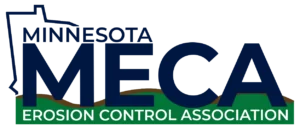2024 Salt Symposium

The 2024 Salt Symposium will be held August 6-7, 2024. This event celebrates the optimization of salt use to improve community sustainability and protect vital freshwater systems and infrastructure.
The Salt Symposium brings together leaders from diverse economic sectors to learn about the impacts of chloride and reduction methods. Professionals from across the world will share their expertise on current research initiatives including water softening, wastewater, fertilizer, snow and ice management, and more.
If you have questions or requests, email Salt Symposium.

Salt Symposium Resources
- Our Sponsors
- Leadership Award Nominations
- Technical Assistance
- Future Topic Suggestions
2024 Speaker Agenda
John McDaris
Documentation and Prediction of Increasing Groundwater Chloride in the Twin Cities, Minnesota
University of Minnesota, PhD Candidate
Christoph-Martin Geilfus
Chloride in Soil: From Nutrient to Soil Pollutant
Geisenheim University (Germany), Professor
Eric Peterson, Ph.D.
Chloride Source Delineation in an Urban-agricultural Watershed
Illinois State University, Professor
Eric Watkins
Optimization of Salt-tolerant Roadside Turfgrass Seed Mixtures
University of Minnesota, Professor
Claire Oleksiak
Improving Water Softening Efficiency in Multi-family Buildings
Sustain Dane (WI), Executive Director
Baishali Bakshi
Centralized Softening as a Solution to Chloride Pollution: an Empirical Analysis
Environmental Protection Agency, Economist
Emily Jones
Reducing Residential Salt Use in New Construction
Madison Metropolitan Sewerage District, Pollution Prevention Specialist
Tim Young
City of Waukesha Softener Salt Optimization Program
City of Waukesha (WI), Pretreatment Coordinator
Jim Fisher, P.E.
City of Waukesha Softener Salt Optimization Program
Jacobs Solutions, Senior Technologist
James Morin
Washington State DOT Tree Browning Monitoring Program
Washington State Department of Transportation, Maintenance Operations Branch Manager
Abby Hileman
Salt Watch Monitoring Program
Izaak Walton League of America, Salt Watch Coordinator
Ryan Sorichetti, Ph.D.
Influence of Roads on Chloride Levels
Ontario Ministry of the Environment, Environmental Scientist
Kimberly Engle
The Power and Challenges of Acetates
Cryotech, Senior Chemist
Lorna Murison
Relative Effectiveness of Rock Salt, Salt Brine and Beet Brine in Parking Lot Maintenance
Credit Valley Conservation (ON), Water Quality Coordinator
Bryan Gruidl
City of Bloomington’s WISE Plan
City of Bloomington (MN), Water Resources Manager
Jack Distel
City of Bloomington’s WISE Plan
City of Bloomington (MN), Water Resources Specialist
Bob Miller
Pavement Monitoring Panel
City of North Chicago (IL), Interim Public Works Director
Tina Greenfield
Pavement Monitoring Panel
Iowa Department of Transportation, RWIS Coordinator
Amy Hanson
Heated Pavements Panel
City of Plymouth (MN), Fleet and Facilities Manager
Jeff Buch
Heated Pavements Panel
PaveDrain, Regional Manager
Jeff Genova
Heated Pavements Panel
City of Holland (MI), Downtown Development Coordinator
Mijia Yang, Ph.D., P.E.
Reduce Salt Usage by Preventing Snow Drifting on Roads – a Solar Snow Fence Technology
North Dakota State University, Professor
Kamal Hossain, Ph.D., P.E.
Performance of an Alternative Deicer with Invasive Starfish Extract Additive
Carleton University (ON), Professor
Platinum Sponsors
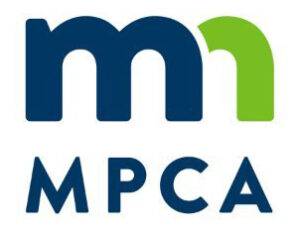

Gold Sponsors
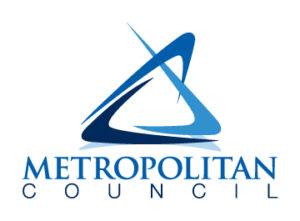
Silver Sponsors

Bronze Sponsors
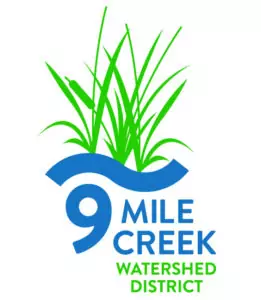




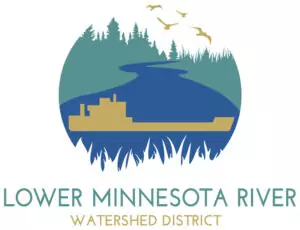



Special & Promotional Sponsors

